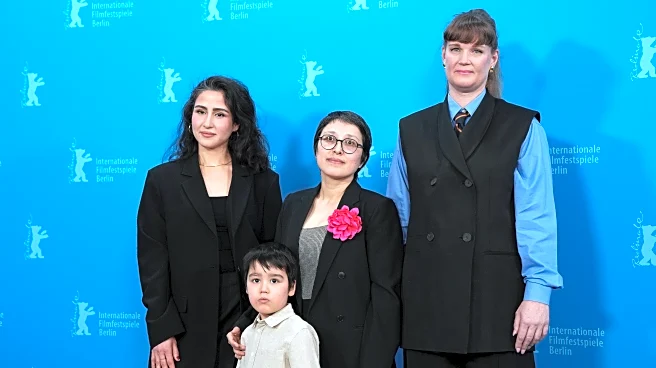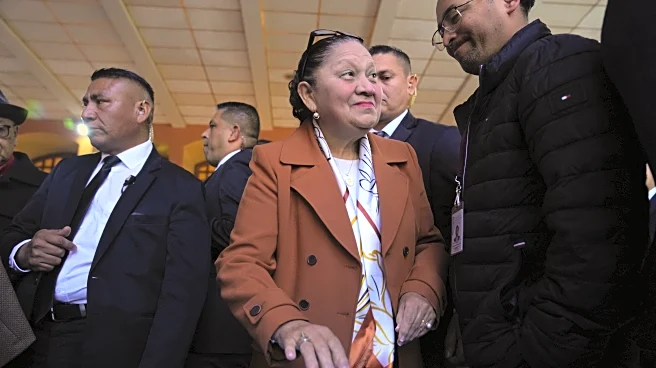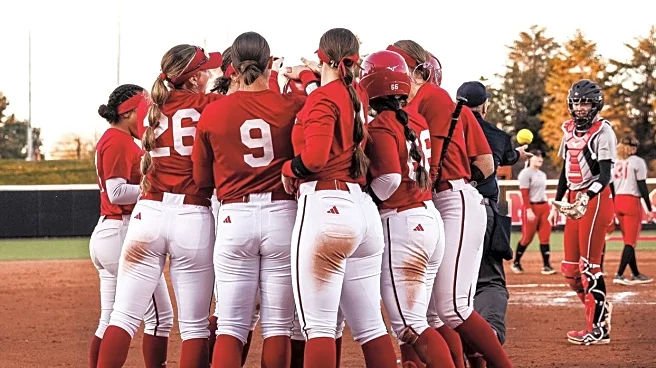Rapid Read • 8 min read
Griffith University researcher Dr. Susan Grantham has published a study in The Communication Review, urging Queensland authorities to modernize their crisis communication strategies during natural disasters. The study analyzed government messaging during Tropical Cyclone Jasper in 2023 and Tropical Cyclone Kirrily in 2024, highlighting the lack of government presence on TikTok. Grantham found that traditional briefings often diluted critical safety messages with political content, risking public disengagement. The absence of official information on TikTok allowed user-generated content, sometimes misleading, to dominate. Grantham suggests formal partnerships with trusted influencers to amplify official messages on platforms like TikTok, particularly targeting younger demographics.
AD
The study underscores the importance of adapting crisis communication strategies to contemporary media platforms to effectively reach diverse audiences. By leveraging TikTok and influencers, government agencies can counter misinformation and ensure accurate information dissemination during emergencies. This approach is crucial as younger populations increasingly rely on social media for information. The findings suggest that integrating traditional media briefings with engaging content on platforms like TikTok could enhance public compliance and trust, ultimately improving safety outcomes during natural disasters. The study highlights the need for a balanced communication strategy that combines authoritative messaging with the immediacy of social media.
Grantham's recommendations may prompt Queensland authorities to reevaluate their crisis communication strategies, potentially leading to formal partnerships with influencers. This shift could involve training influencers to deliver accurate information and developing engaging content tailored for platforms like TikTok. As Queensland experiences rapid population growth, including many new residents unfamiliar with cyclones, effective communication becomes increasingly critical. Authorities may also consider expanding their presence on other social media platforms to reach broader audiences. The study's insights could influence other regions facing similar challenges, encouraging a more integrated approach to crisis communication.
The study raises broader questions about the role of social media in public safety and the ethical implications of influencer partnerships. While influencers can effectively reach younger audiences, ensuring the accuracy and reliability of their content is paramount. This approach also highlights the evolving nature of public communication, where traditional methods must adapt to digital landscapes. The reliance on social media platforms for critical information may necessitate new regulations or guidelines to safeguard public interests. Additionally, the study suggests a shift in how governments perceive and utilize social media, potentially influencing future communication strategies across various sectors.
AD
More Stories You Might Enjoy












